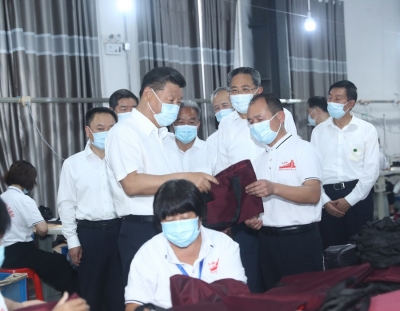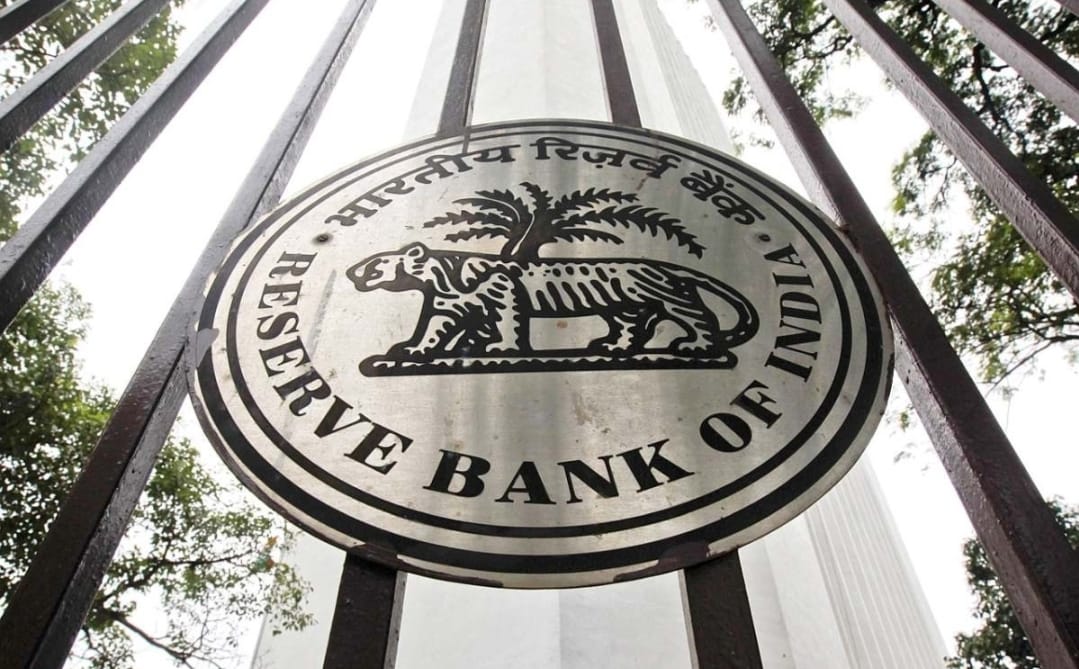
New Delhi, Dec 10 (IANS) The global community experienced extensive lockdowns nearly five years ago to combat the lethal coronavirus SARS-CoV-2, commonly referred to as Covid-19, which was initially identified in Wuhan, China, in late 2019. This pandemic resulted in approximately 6.6 million fatalities worldwide and prompted China to implement a stringent ‘Zero-Covid’ policy aimed at controlling the virus’ spread.
During the first wave, this approach led to over 60,000 deaths within China. Although the policy initially appeared effective, its prolonged enforcement has had detrimental effects on the nation’s socio-economic landscape and public health, consequences that China has yet to fully address.
The execution of this ‘Zero Covid’ strategy by the Chinese Communist Party (CPC) ultimately catalysed the White Paper protests in late 2022, which expressed widespread discontent with the oppressive conditions citizens faced.
Therefore, it is crucial to examine the implications and shortcomings of China’s ‘Zero-Covid’ policy comprehensively.
In August 2020, China implemented its ‘Zero-Covid’ policy to manage local Covid-19 transmissions while aiming to minimise disruptions to the nation’s socio-economic stability. This strategy involved early detection through regular PCR testing and stringent regulations requiring individuals to maintain a ‘normal’ Covid profile, which included presenting negative test results to access public facilities.
Those identified as potential cases were subjected to extended quarantines in government-supervised facilities. Additionally, movement and communication faced rigorous restrictions, with the government monitoring citizens’ mobile phones.
The policy’s aggressive nature was evident in the complete lockdowns of buildings, communities, and even entire cities upon identifying a single potential case.
While many countries began easing lockdown measures, China maintained its strict adherence to the ‘Zero-Covid’ approach. Initially, this swift response garnered praise for safeguarding vulnerable populations and preventing the introduction of new Covid variants from abroad, allowing citizens time to prepare for the pandemic. The ‘Zero-Covid’ policy was largely portrayed as a testament to Xi Jinping’s effective leadership compared to Western responses, fostering public compliance and contributing to its initial success.
However, the subsequent socio-economic crisis revealed that the policy presented more challenges than benefits.
Extended lockdowns and frequent mass testing significantly disrupted daily life and increased the financial burden on the government. Reports of shortages of essential supplies, including food and medical resources, emerged as individuals endured forced quarantines, exemplified by the notorious midnight quarantine in Xi’an.
Furthermore, the overextension of this policy resulted in severe economic repercussions such as sluggish GDP growth, a housing crisis, business closures, and a concerning rise in youth unemployment. The socio-economic distress stemming from movement restrictions and inadequate supplies due to Beijing’s stringent measures also led to significant psychological distress among the population.
Chinese citizens, increasingly disenchanted with the two-year-long ‘Zero-Covid’ policy, have started to publicly voice their dissatisfaction, exemplified by the Sitong Bridge protest in October 2022.
A tragic fire in an apartment building in Urumqi the following month ignited widespread protests against the Chinese government and Xi Jinping’s highly touted ‘Zero-Covid’ strategy. The building that burned had its fire escape doors locked due to over 100 days of government-imposed quarantine, despite the regional capital not experiencing any significant virus outbreaks.
Social media highlighted the government’s inaction during this incident, showcasing fire trucks unable to approach the flames. Consequently, residents of Urumqi took to the streets in protest, which soon evolved into a nationwide movement led by youth known as the White Paper protests.
Demonstrators displayed blank sheets of A4 paper, symbolising government censorship regarding freedom of expression and assembly. Their grievances extended beyond the ‘Zero-Covid’ policy to encompass broader concerns about increasing authoritarianism and surveillance by the government. Slogans were directed against the Communist Party of China (CPC) and Xi Jinping, demanding their resignation.
Thus, the Urumqi fire incident acted as a catalyst for the White Paper protests, reflecting public dissent against the ‘Zero-Covid’ policy and calls for more extensive political reforms in China.
The government’s response to the silent protests involved a heavy-handed police crackdown and widespread detentions. Additionally, the authorities addressed dissent regarding Xi Jinping’s ‘Zero-Covid’ policy through the censorship of protest coverage in state media.
Throughout the duration of the ‘Zero-Covid’ policy, state-controlled media in China has consistently practised censorship.
Notably, Dr Li Wenliang, an ophthalmologist from Wuhan who became known as the ‘whistleblower’ of the virus, faced accusations of “making false comments” when he attempted to alert others about the deadly virus in December 2019.
Following his death, there was a significant public outcry on social media platforms, often referred to as the Wailing Wall, which was routinely censored by the government. Prominent journalists and medical professionals who voiced their opinions against the government’s ‘Zero-Covid’ policy were similarly silenced.
The government further curtailed investigations and halted the publication of data related to Covid outbreaks and fatalities, disseminating inaccurate scholarly findings that were later retracted upon exposure. As global criticism mounted concerning China’s pandemic management, new narratives emerged. Censorship extended beyond data publication to encompass any negative reporting on the ‘Zero-Covid’ policy or expressions of dissent, including those seen during the Wailing Wall, Sitong Bridge protest, and White Paper protests.
The White Paper protests ultimately led to China’s sudden discontinuation of its two-year-long ‘Zero-Covid’ policy in December 2022, leaving citizens to navigate the aftermath on their own, which exacerbated public suffering.
What Xi Jinping had termed a ‘people’s war against Covid’ resulted in a lack of strategic planning, culminating in a significant surge in cases. It is widely believed that the strict and overextended ‘Zero-Covid’ measures, combined with China’s refusal to import effective vaccines and a lackadaisical approach to domestic vaccination efforts, contributed to the low infection rates during lockdowns but also resulted in insufficient natural immunity among the population compared to other countries.
The failure of the ‘Zero-Covid’ policy, along with the ensuing social unrest, serves as a critical lesson for future governance and public health reforms globally, highlighting the necessity to avoid replicating China’s approach.
–IANS
scor/as



















